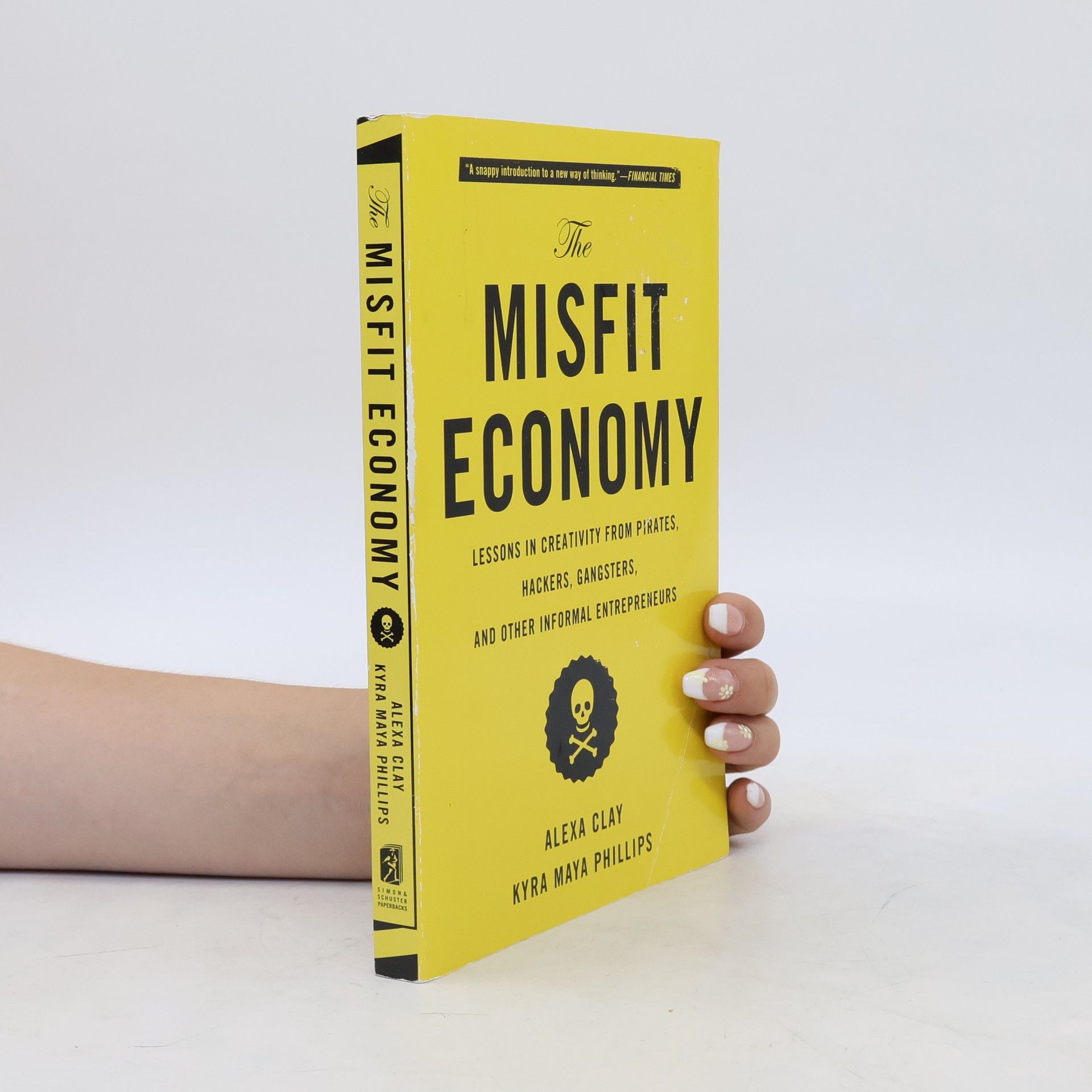The Misfit Economy
- 256pagine
- 9 ore di lettura
The Misfit Economy illustrates how lessons in creativity, innovation, salesmanship, and entrepreneurship can come from surprising places.

The Misfit Economy illustrates how lessons in creativity, innovation, salesmanship, and entrepreneurship can come from surprising places.